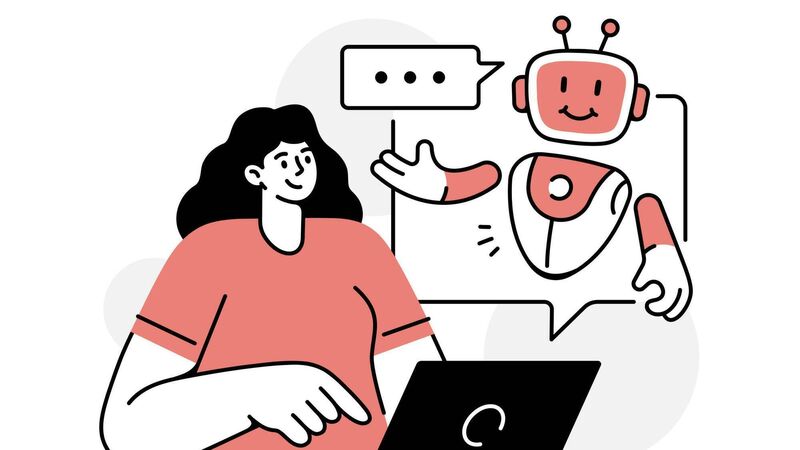How to deal with AI: 'I still trust my gut, but do I trust it more than ChatGPT?'

From the workplace to our personal lives, AI is becoming embedded in the tools we use every day. As more of us turn to it for advice on issues in our intimate lives, Adele Miner asks, are we losing trust in our own intuition?
When faced with making a decision, what’s your first instinct? Taking a moment to check in with yourself, or grabbing your phone to ask ChatGPT?
According to a recent report in the Harvard Business Review, the majority of users are now using generative AI for “therapy and companionship”.










